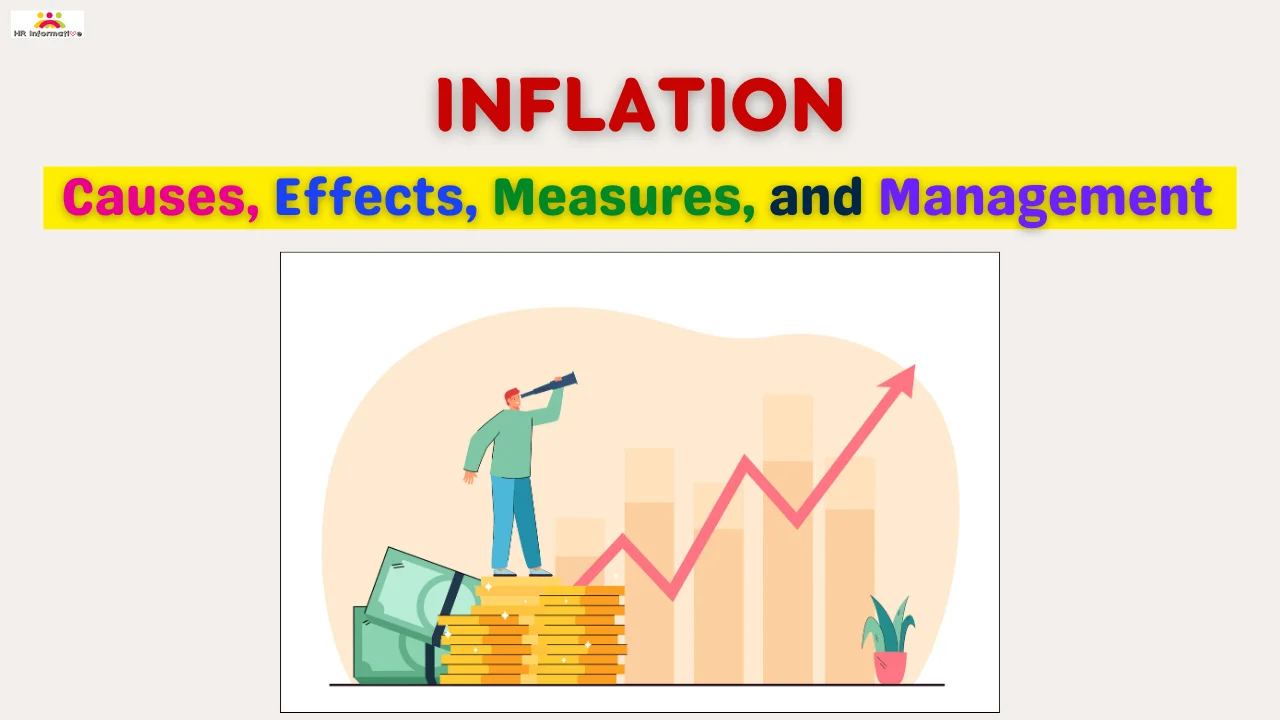Understanding Inflation: Causes, Effects, and Management Strategies

1. Introduction to Inflation
Inflation refers to the sustained increase in the general price level of goods and services over time. It is a key macroeconomic indicator that affects consumers, businesses, and policymakers.
2. Causes of Inflation
Inflation can be caused by various factors, including excess demand, cost-push pressures such as rising wages or production costs, and monetary factors such as excessive money supply growth.
3. Types of Inflation
There are different types of inflation, including demand-pull inflation, cost-push inflation, and built-in inflation resulting from wage-price spirals. Each type has distinct causes and implications.
4. Effects of Inflation
Inflation can have both positive and negative effects on the economy. While moderate inflation can stimulate spending and economic growth, high inflation erodes purchasing power, reduces real incomes, and distorts resource allocation.
5. Measuring Inflation
Inflation is measured using various indices, such as the Consumer Price Index (CPI) and the Producer Price Index (PPI), which track changes in the prices of consumer goods and producer inputs, respectively.
6. Managing Inflation
Central banks employ monetary policy tools, such as interest rate adjustments and open market operations, to control inflation and stabilize the economy. Fiscal policy measures, such as taxation and government spending, can also influence inflationary pressures.
7. Inflationary Expectations
Expectations about future inflation can influence present economic behavior, affecting wage negotiations, investment decisions, and consumer spending patterns. Managing inflation expectations is crucial for maintaining price stability.
8. Conclusion
Inflation is a complex economic phenomenon with wide-ranging implications for individuals, businesses, and policymakers. Understanding its causes, effects, and management strategies is essential for navigating the challenges of a dynamic economic environment.


